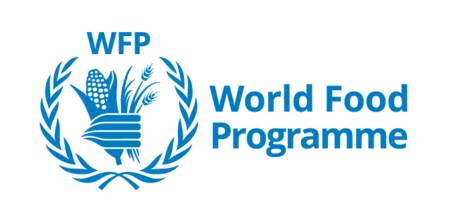WFP - Refugee Debt and Livelihoods in Northern Kenya - June 2024
| Type de document: |
Rapports et evaluations
|
| Langue(s): |
English |
While humanitarian assistance to refugees has increasingly focused on fostering self-reliance, refugees are highly exposed to economic shocks that make self-reliance difficult to achieve. With limited access to employment and low wages, refugees are rarely able to put aside savings in case of emergency. Those who have recently fled their country of origin may have no assets to sell if needed. Informal social protection mechanisms may be unavailable or less effective in contexts of mass displacement where existing networks are disrupted and vulnerability becomes widespread. Given these constraints, borrowing is often the only coping strategy available to refugees. Based on quantitative and qualitative data collected over a one-year period (October 2022 - November 2023), this report studies how debt is used as a coping strategy by refugees living in Kakuma refugee camp and the Kalobeyei settlement in Kenya, which, together, constitute one of the largest refugee camps in Africa.
Partners
Sectors
-
 Livelihood & Social Stability
Livelihood & Social Stability
Télécharger
(PDF, 2.13 MB)
 World Food Programme
World Food ProgrammeLivelihood & Social Stability
